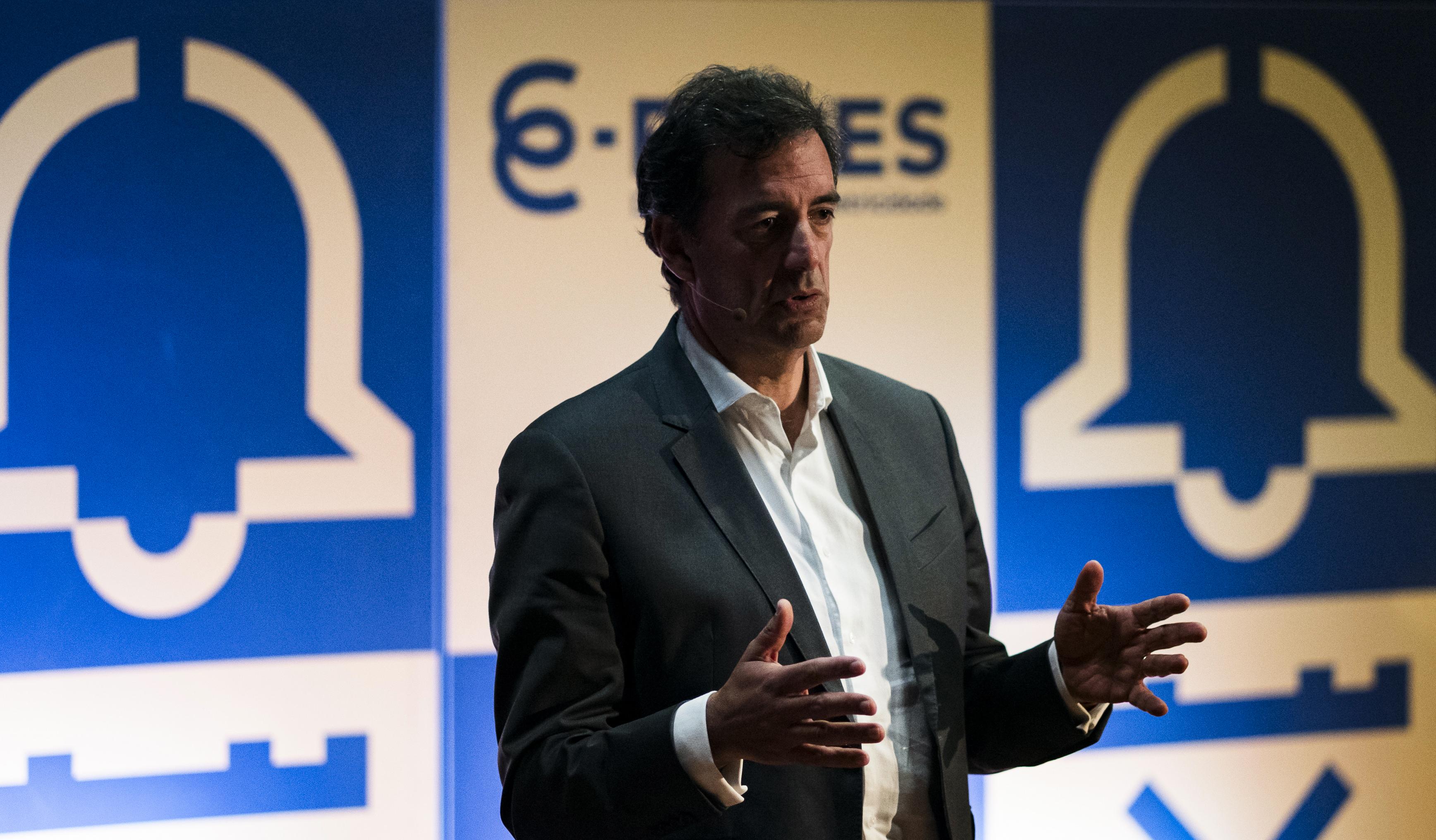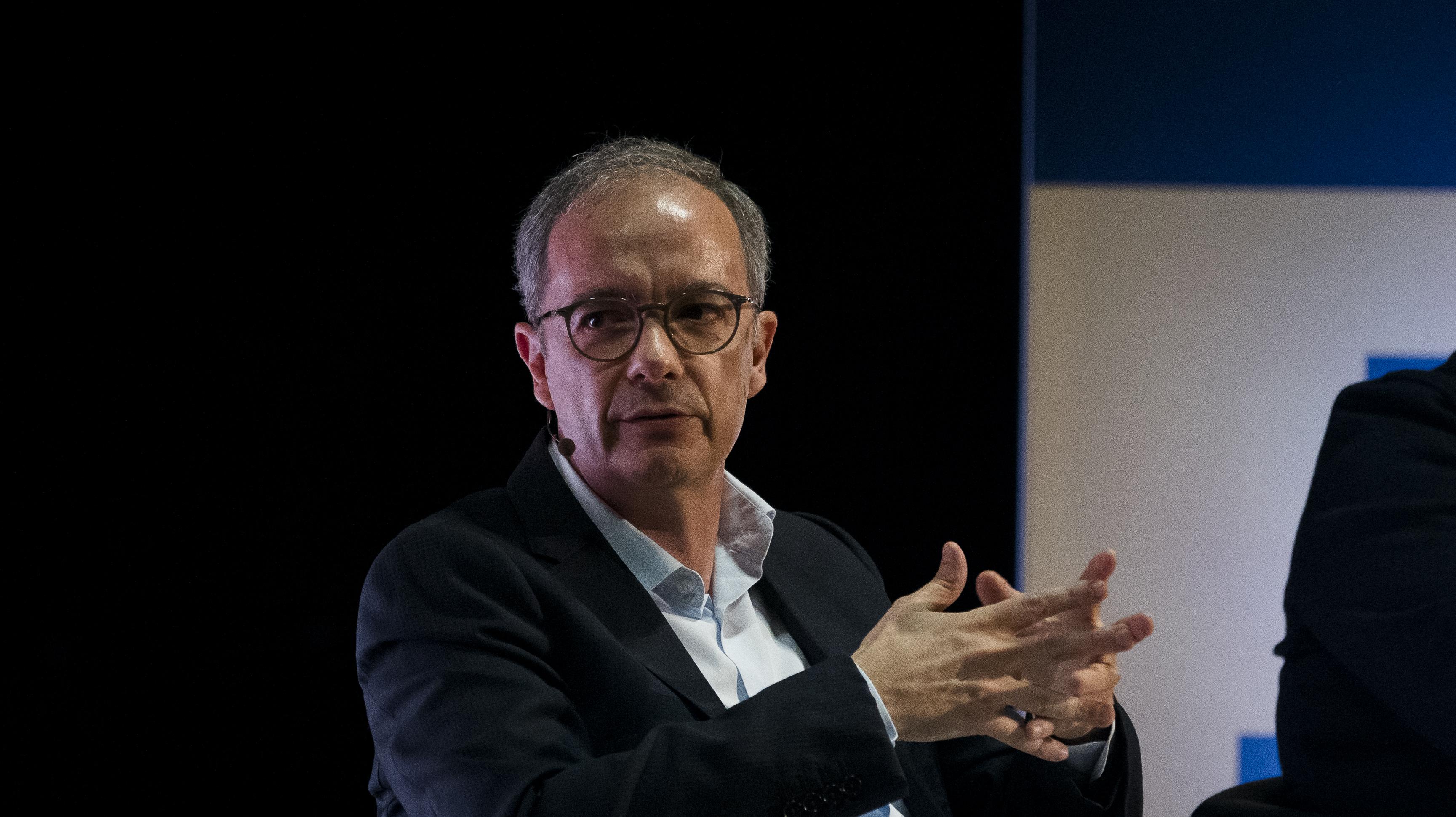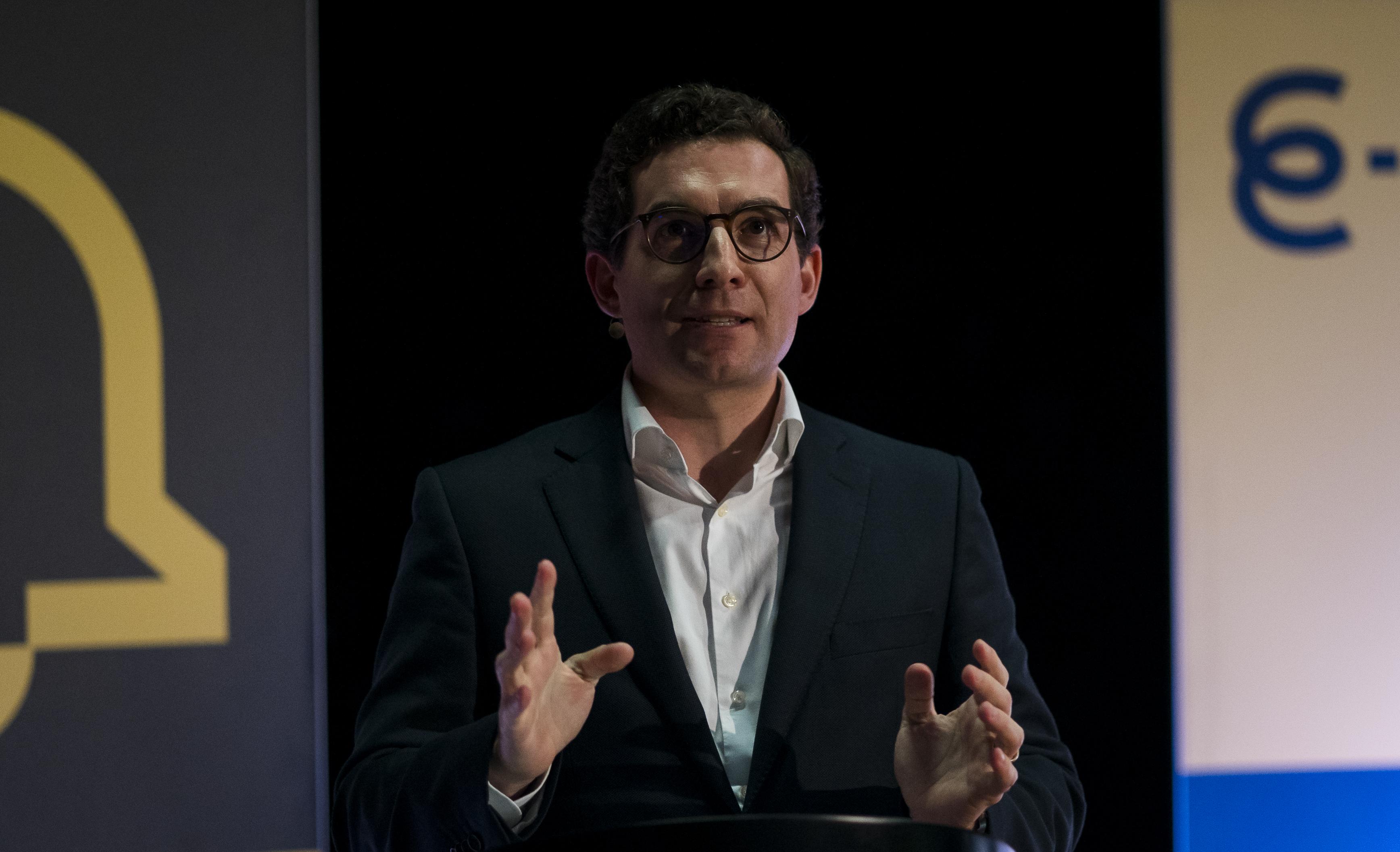


The Rectory of NOVA University Lisbon hosted the first of a cycle of three conferences to prepare the Development and Investment Plan for the E-REDES Electricity Distribution Network (PDIRD-E 2024).
The conference "Climate Adaptation in the Distribution Network" is the result of a partnership between the Dom Luiz Institute of the Faculty of Sciences of the University of Lisbon (IDL), NOVA School & Technology of NOVA University Lisbon (FCT-NOVA) and E-REDES.
The conference discussed the current and future climate risk assessment of distribution network infrastructures, extreme climate events in mainland Portugal, the need to increase investment to modernize the network as an asset in the energy transition, and the opportunity to develop resilient electricity networks to mitigate future risks in the operation of the electricity system throughout this transition.
In his opening speech, Ferrari Careto, Chairman of the Board of Directors of E-REDES, emphasized the importance of collaboration between academia and the business sector, highlighting the need for a comprehensive strategic plan, designed together with academia, for the next 10 to 15 years.
The conference also featured several speakers on a panel on "climate extremes and energy transition". Pedro Matos Soares, Principal Researcher at IDL, referred to the evolution of the current climate and the future climate, the increase in frequency and severity of climate extremes that pose a potential risk to the distribution network and highlighted the issue of energy poverty as a public health problem that puts greater pressure on the distribution network due to the potential increase in peak demand.
Luís Manuel Alves, from E-REDES, emphasized the challenges of the energy transition, such as decentralized production, as well as the need to invest in modernizing the network to make it more modern and resilient, capable of responding to new demands.
Carlos Del Rio, Director of Climate Change at the Environment, Sustainability, Innovation and Climate Change Directorate, shared a similar reality for the resilience of distribution networks, adding snow as a relevant climate hazard in his geography.
Manuela Seixas Fonseca, Director of Energy Planning and Statistics Services at the Directorate General for Energy and Geology, stressed that without the transmission and distribution networks there can be no energy transition to meet the decarbonization targets.
In closing, João Brito Martins, a member of the Board of Directors of E-REDES, stressed the importance of investing in a resilient network capable of facing climate challenges.
This conference provided a debate on climate adaptation in the distribution network, highlighting the central role of networks in the energy transition and the relevance of investment to proactively face the challenges of climate change.
Photo by: José Fernandes - Expresso